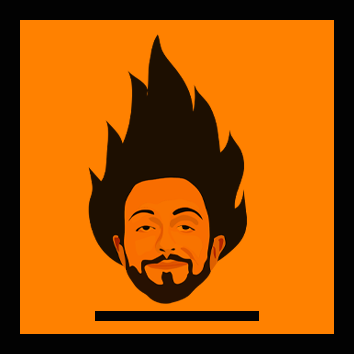Content
Brain fog may also be caused due to the overwhelming feelings of withdrawal that can occur when someone stops drinking, which can also cause feelings of depression, anxiety, and confusion. One of the lesser-known side effects of alcohol abuse is alcohol brain fog – a feeling of confusion, disorientation, and forgetfulness. While not all drinkers will experience brain fog, it is something to be aware of if you are a heavy drinker or find yourself drinking to excess regularly. Research found evidence for a quick recovery of the brain from alcohol-induced volume loss in the first 14 days of sobriety.
Nausea and vomiting are two common withdrawal symptoms that usually take place in the initial stage of alcohol detoxification. These symptoms can be quite severe and may last for a short period of time. While people cannot control their life circumstances, and we all manage stress differently, it’s important to know that even chronic drinkers can recover from alcohol use. The body and brain can recover as well and new cell growth can be observed after substance use and alcohol use is stopped.
Reasons You May Have Brain Fog
Some alcoholics become deficient in an enzyme that prevents them from metabolizing vitamin B1 (thiamine), or they simply don’t eat a nutrient-rich diet, causing malnutrition. The resulting deficiencies can lead to cognitive impairment and alcohol-related brain damage. Once a person recovers from their brain fog, they should continue their addiction treatment. Alcohol can damage the brain, but most cases of brain fog do not come from brain damage. Alcohol addiction recovery does not end once a person’s brain fog fades.

But someone can make a full recovery and start withdrawing from alcohol. The key is to practice a few different remedies and get help from licensed alcohol treatment counselors. Mental health experts share what they do when they wake up to set themselves up for a good day. As for alcohol brain fog menopause, one study explains that difficulty with memory can begin early on in menopause and end in postmenopause, likely due to the effects that estrogen has on memory performance. Social isolation can cause significant stress, leading to depression and cognitive problems.
How Long Does the Brain Take to Heal After Quitting Alcohol?
If you’re eating a restricted diet, not consuming adequate vitamins and minerals may result in experiencing some brain fog, says Pudumjee. Specifically, a deficiency in B12 or iron can cause anemia, https://ecosoberhouse.com/article/boredom-drinking-and-how-to-stop-it/ which can decrease your energy levels and tangentially affect cognition, says Wilhour. The COVID-19 crisis has created heightened anxiety and depression, increasing the risk of substance abuse.
What illnesses cause brain fog?
Wilhour notes that brain fog may emerge with many medical conditions, including postural orthostatic tachycardia syndrome, anemia, diabetes, depression, anxiety, and autoimmune conditions such as multiple sclerosis, chronic fatigue syndrome, celiac disease, and lupus.
They may lose the energy they acquire from food or rest by thinking about a difficult subject. They may not remember people’s names, even people who they know well. They may not be able to form short-term memories because they are confused or thinking about other things. Brain fog occurs when a medical condition impedes a person’s ability to think clearly. It is not a medical condition in and of itself, so a doctor cannot diagnose a patient with brain fog.


